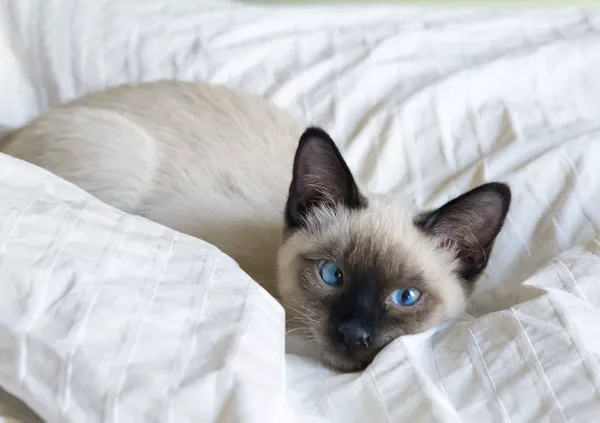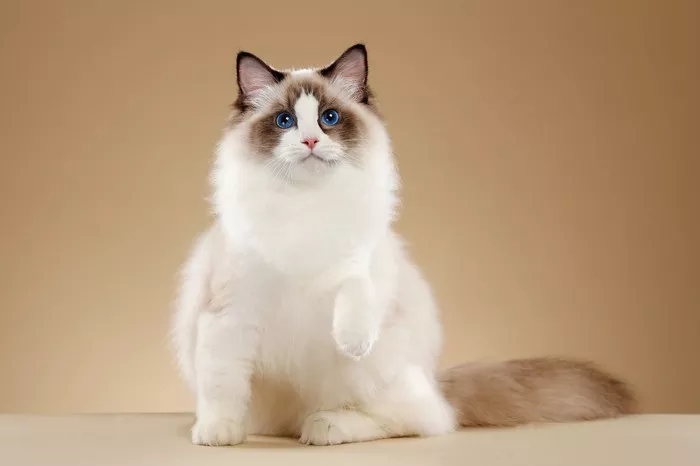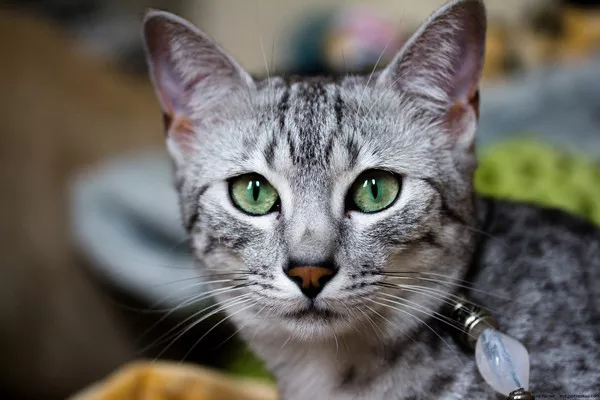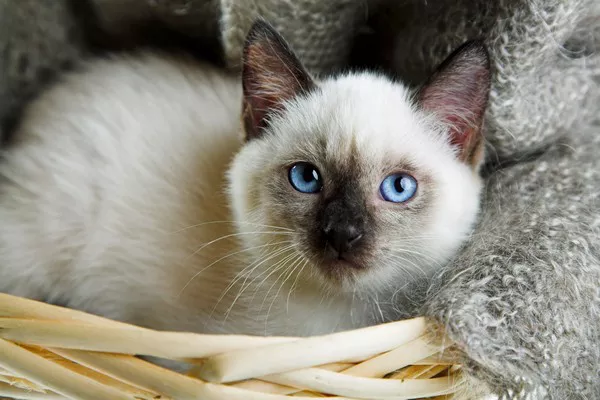Cats, with their mysterious and often elusive nature, captivate us as companions and caregivers. When a feline friend is expecting, their dietary habits become a subject of curiosity and concern for pet owners. The question at the forefront is, do pregnant cats eat more? In this exploration, we navigate the intricate world of feline pregnancy, shedding light on the nutritional needs, feeding guidelines, and the factors influencing a pregnant cat’s appetite.
Understanding Feline Pregnancy
Before delving into the specifics of a pregnant cat’s appetite, it’s crucial to grasp the unique aspects of feline pregnancy:
Gestation Period:
Short Duration: Feline pregnancies are relatively short, lasting approximately 63 to 65 days on average.
Rapid Development: Kittens undergo rapid development within the womb, necessitating specific nutritional support.
Nutritional Demands:
Increased Requirements: Pregnancy places heightened demands on a cat’s body, requiring additional nutrients to support the developing fetuses.
Essential Nutrients: Adequate levels of protein, energy, vitamins, and minerals are vital for the health of both the mother and the growing kittens.
The Pregnant Cat’s Appetite: Myth or Reality?
The notion that pregnant cats eat more is not a mere myth; it holds a kernel of truth grounded in the physiological changes occurring during gestation. However, it’s essential to dispel any misconceptions and approach the topic with a nuanced understanding.
Early Stages:
Subtle Changes: In the initial stages of pregnancy, a cat’s appetite may not exhibit significant alterations.
Gradual Increase: Some cats may show a gradual increase in food consumption as the pregnancy progresses.
Mid to Late Pregnancy:
Increased Caloric Needs: As the kittens develop, the mother cat’s caloric requirements rise, prompting a more noticeable increase in food intake.
Scheduled Feedings: Offering multiple small meals throughout the day ensures the pregnant cat receives sufficient nutrition without overwhelming her stomach.
Individual Variations:
Cat’s Body Condition: The number of kittens, the cat’s age, and her individual metabolic rate contribute to variations in appetite.
Normal Weight Gain: A healthy weight gain during pregnancy is expected, but excessive overeating should be monitored.
Nutritional Considerations for Pregnant Cats
Ensuring the well-being of both the pregnant cat and her developing kittens involves thoughtful attention to their nutritional requirements:
Quality Cat Food:
Balanced Nutrition: Providing a high-quality cat food formulated for pregnant or nursing cats ensures a balanced intake of essential nutrients.
Protein-Rich Diet: Protein is a critical component for fetal development, and a diet with increased protein content is beneficial.
Gradual Transition:
Prior to Pregnancy: If possible, transitioning the cat to a nutritionally rich diet before pregnancy helps prepare her body for the increased demands.
Steady Adjustments: Gradually adjusting the portion size as the pregnancy advances accommodates the growing nutritional needs.
Supplementation:
Vitamin and Mineral Supplements: Consultation with a veterinarian may lead to recommendations for specific supplements to address potential deficiencies.
Calcium Considerations: While calcium is essential, excessive amounts can lead to complications, emphasizing the need for professional guidance.
Hydration:
Increased Water Intake: Adequate hydration is crucial during pregnancy. Wet cat food or the addition of water to dry food can contribute to overall water intake.
Accessible Water Source: Ensuring a readily available source of clean water encourages proper hydration.
Monitoring Weight Gain
While a degree of weight gain is expected during pregnancy, excessive or sudden increases warrant attention:
Regular Weigh-Ins:
Veterinary Supervision: Regular veterinary check-ups allow for monitoring the cat’s weight gain and overall health.
Abnormalities Addressed Promptly: Any abrupt changes in weight should be promptly addressed to rule out potential complications.
Body Condition Scoring:
Visual Assessment: Veterinarians often use body condition scoring to visually assess a cat’s weight and body composition.
Tailored Dietary Advice: Based on the scoring, dietary recommendations can be tailored to ensure optimal weight management.
Postpartum and Nursing Phase
The commitment to providing adequate nutrition extends into the postpartum and nursing phases:
Nutritional Support:
Continued High-Quality Diet: Maintaining a nutritionally rich diet is crucial during nursing to support the mother’s health and milk production.
Weaning Considerations: As kittens transition to solid food, the mother’s diet may need adjustment.
Professional Guidance:
Consulting the Veterinarian: Regular consultations with a veterinarian guide the feeding regimen, ensuring it aligns with the evolving needs of the mother and kittens.
Weaning Process: Guidance on the gradual weaning process and transitioning to kitten-appropriate diets is essential.
Conclusion
In the realm of feline pregnancy, the question of whether pregnant cats eat more is met with a nuanced understanding of their changing nutritional needs. As responsible pet owners, providing a well-balanced and nutrient-rich diet tailored to the stages of pregnancy is paramount. Regular veterinary consultations, attentive monitoring, and a commitment to the feline mother’s well-being contribute to a healthy and thriving family of cats. In navigating the intricacies of feline nutrition during pregnancy, we embark on a journey of care and consideration, ensuring the optimal health and happiness of our expectant feline companions.



























